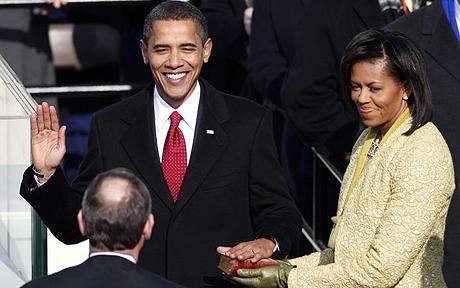
Sam Stein: WASHINGTON -- Jilted by Republican leadership during the deficit-reduction talks that accompanied the debt ceiling debate, the Obama administration is now pulling back an offer to put Social Security reform on the negotiating table.
The president will not include changes to that program in the series of deficit reduction measures that he will offer to the congressional super committee next Monday, administration officials confirm.
During talks with House Speaker John Boehner (R-Ohio) this past summer, President Barack Obama had discussed changing the way that Social Security benefits were paid so that a lower level of benefits were paid over time. Boehner walked away from that deal, which was part of a much broader package, because of concern over a corresponding tax increase. Now, Obama is putting off support for that idea of changing the inflation formula of Social Security to chained consumer price index (CPI).
“The president’s recommendation for deficit reduction will not include any changes to Social Security because, as the president has consistently said, he does not believe that Social Security is a driver of our near and medium term deficits," said White House spokeswoman Amy Brundage. "He believes that both parties need to work together on a parallel track to strengthen Social Security for future generations rather than taking a piecemeal approach as part of a deficit reduction plan.”
"There will be no Social Security in the recommendations," Brundage added.
The White House's decision to take Social Security reform off the table for the time being, which was first reported by the Wall Street Journal, is largely consistent with the president's viewpoint that the program is not a contributor to the deficit and should be dealt with in separate discussions. The administration brought it in to the "grand bargain" talks with Boehner, an official relayed, because the president was a party to those talks. With respect to the super committee's negotiations, he will have no seat at the table and is merely outlining his preferences for reform.
The move also makes obvious political sense. Democrats have long worried that they would upset their base should they be seen as the ones chipping away at retirement benefits, certainly after House Republicans took heat for passing a budget that would convert Medicare into a voucher-based program.






































